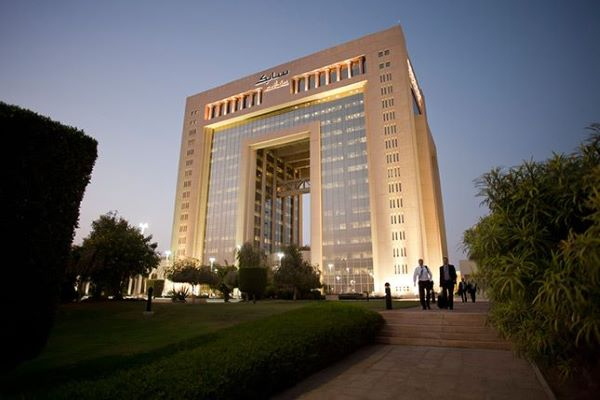This specialty material offers superior structural performance, protecting sensitive electronic parts from fire, smoke, impact, moisture, and other potential hazards

SABIC, a global leader in the chemical industry, has launched its new LNP Thermocomp WFC061I compound, featuring non-brominated and non-chlorinated flame retardance (FR).
The compound is designed to enhance the safety and functionality of critical electric vehicle components, including electric vehicle control units (EVCUs). Recognized with a 2025 Edison Award for innovation, this specialty material offers superior structural performance, protecting sensitive electronic parts from fire, smoke, impact, moisture, and other potential hazards.
LNP Thermocomp WFC061I enables manufacturers to replace metal in EVCU housings, significantly reducing weight while expanding design flexibility. It also offers a sustainable alternative to halogenated FR polymers, minimizing environmental impact. Additional advantages include high colorability, low warpage to improve yield, and exceptional optical transmission for precision laser welding. This glass fiber-reinforced compound is the first laser-weldable FR polybutylene terephthalate (PBT) material globally.
“The EVCU, which manages an EV’s electrical systems to ensure optimal efficiency and a safe driving experience, relies on high-performance materials,” said Jenny Wang, Director, Formulation & Application, APAC, SABIC Polymers, Specialties Business. “Specialty resins must combine flame retardancy, strength, stability, light weight, and precision manufacturing. Drawing on SABIC’s deep understanding of automotive power engineering trends and requirements, we developed LNP THERMOCOMP WFC061I to help protect the EVCU while optimizing its reliability and functionality.”
LNP Thermocomp WFC061I’s high optical transmission (20per cent at 3.0 mm thickness) supports laser welding, a technology that joins plastic parts without adhesives, chemicals, fasteners, or vibration. The laser energy passes through the transmissive material to the absorptive surface, generating heat at the interface to melt the plastic. Compatibility with laser welding allows manufacturers to accelerate assembly, simplify processes, and improve throughput.
Subscribe to our newsletter & stay updated.